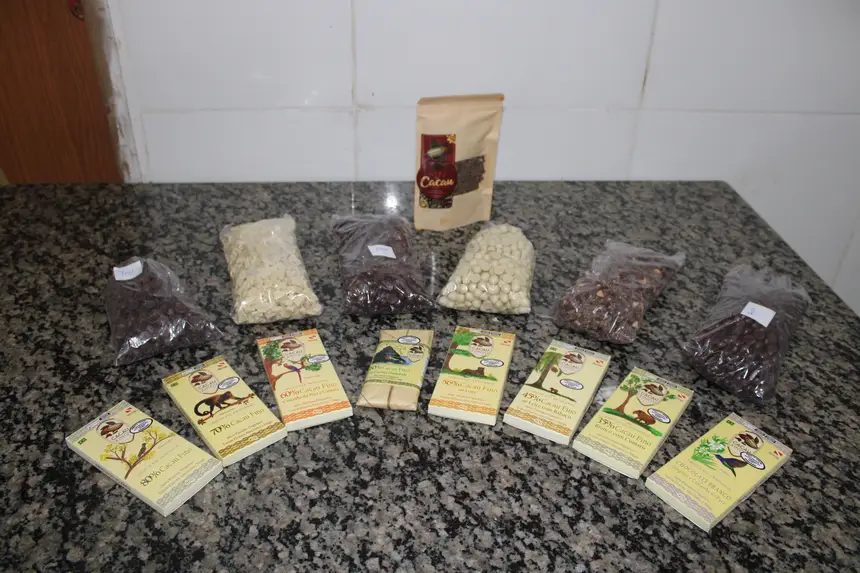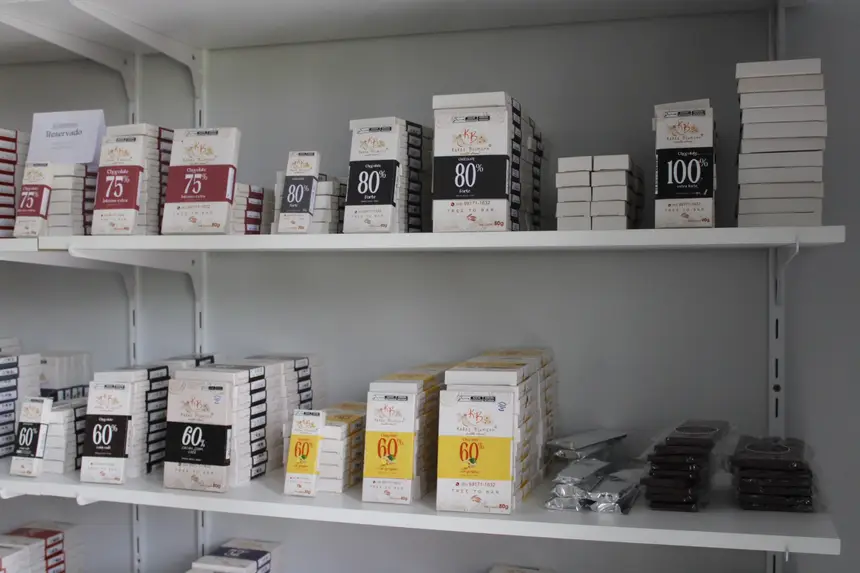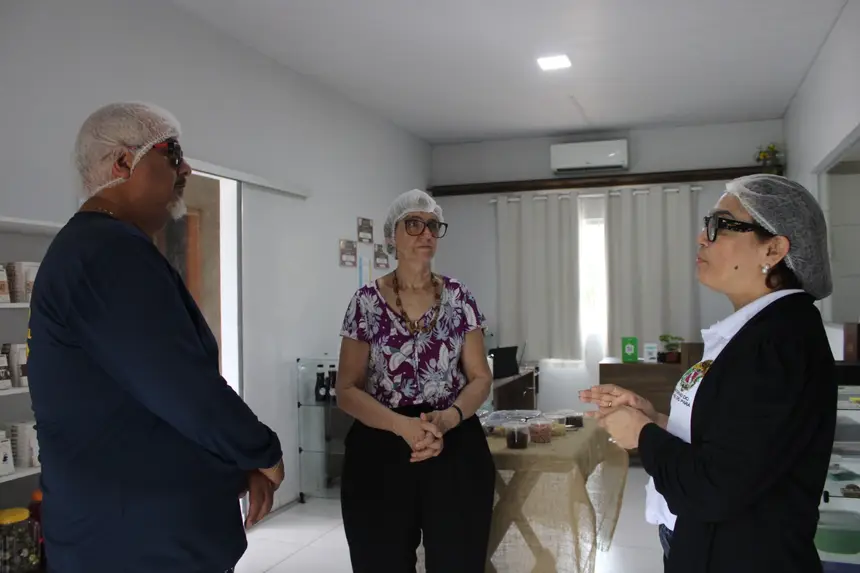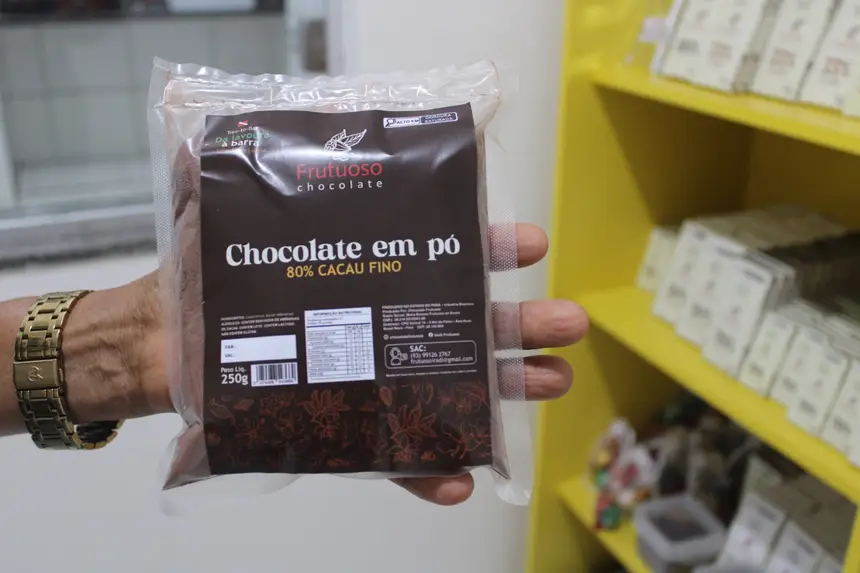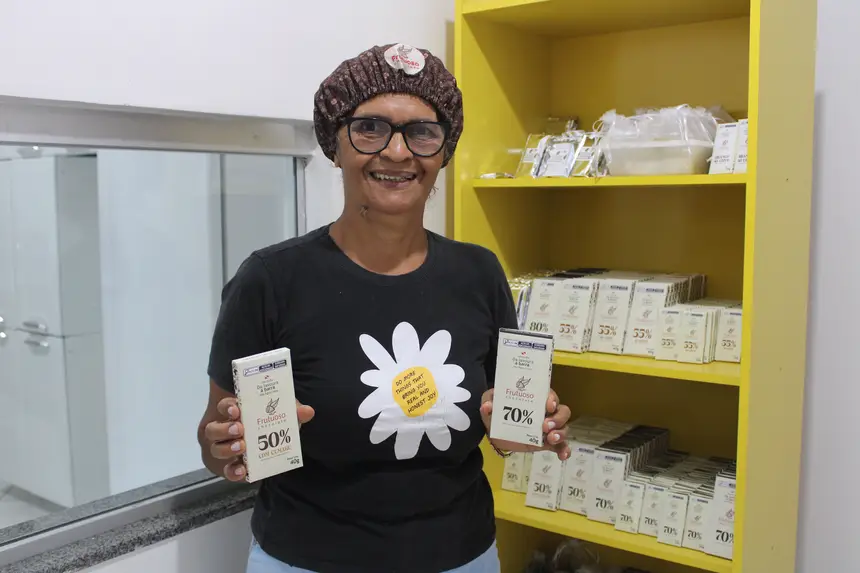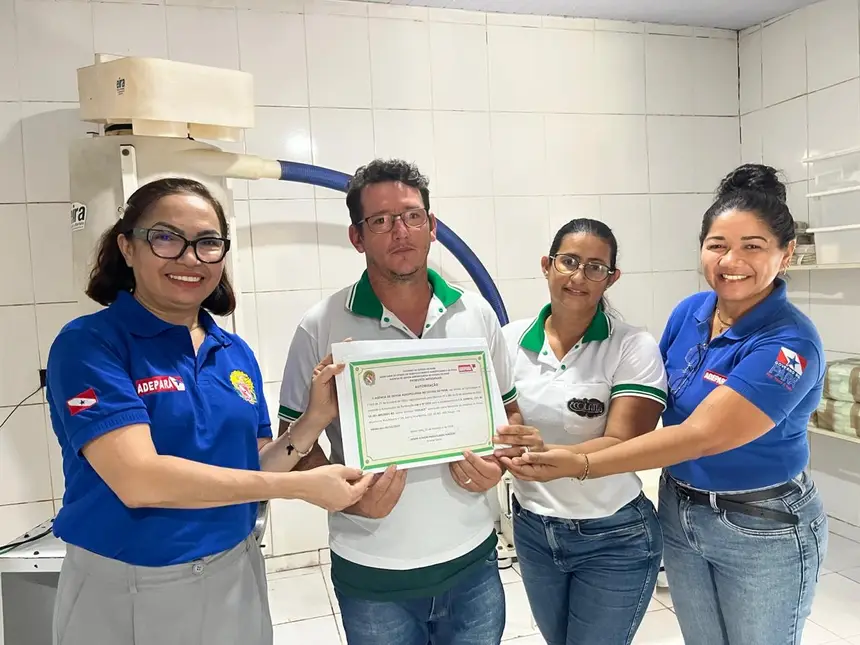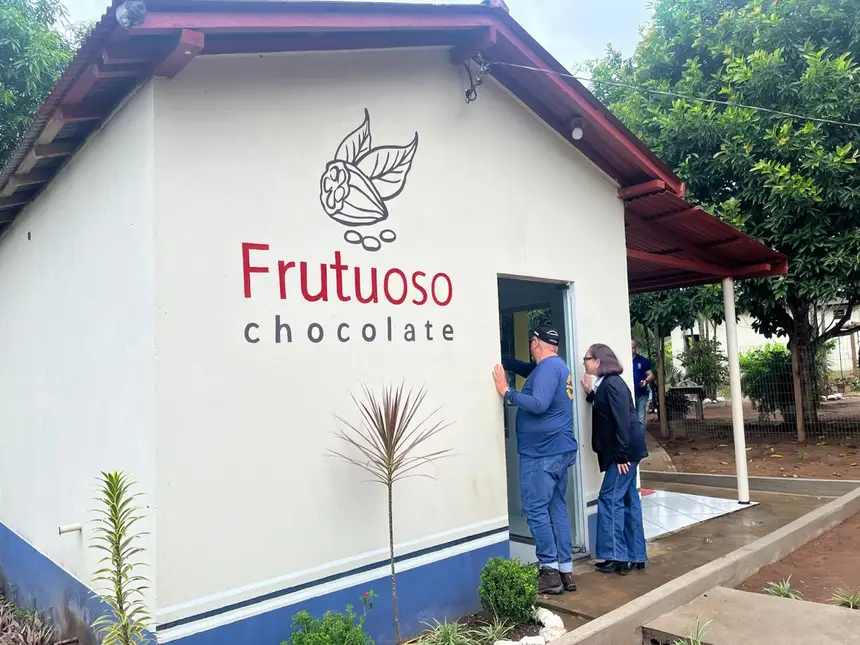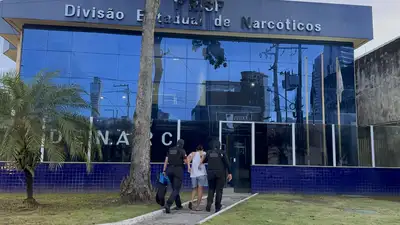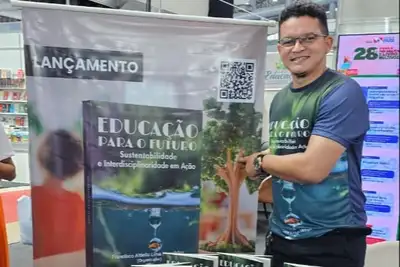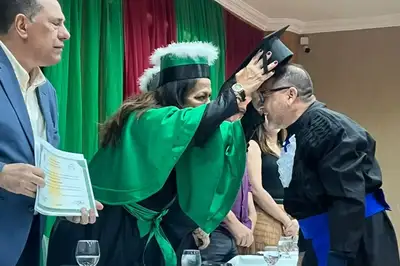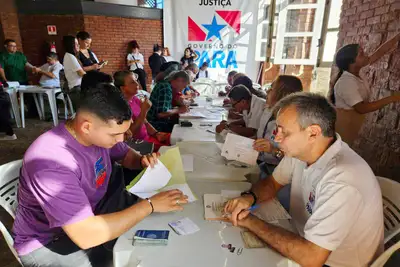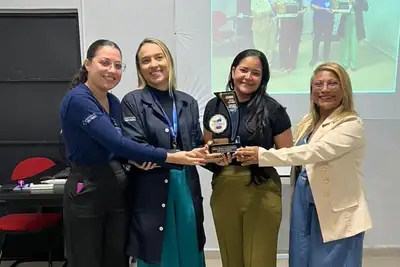Government invests in the verticalization of chocolate production and the creation of agro-industries
The Xingu River region already has 4 chocolate agro-industries with a registration certificate from the Pará Agricultural Defense Agency (ADEPARÁ)
In Brasil Novo, in the Xingu River integration region, cocoa activity drives the economy. There are more than 14 thousand hectares planted with the fruit and over 10 thousand tons of cocoa produced. The municipality has more than 1400 producers who rely on cocoa cultivation.
The Government of Pará, through the Pará Agricultural Defense Agency (ADEPARÁ) and partner institutions, guides producers to start verticalizing production by investing in the implementation of small chocolate factories that operate on properties where cocoa is grown.
Currently, three chocolate makers in the municipality already have the artisanal plant seal for the chocolates they produce. The registration is granted by ADEPARÁ to agro-industries based on Ordinance 5094/2024, which establishes specific norms for the artisanal production of chocolates and other cocoa derivatives in Pará, focusing on the quality of raw materials, production processes, labeling, and food safety.
Although the seal is not mandatory for chocolate, it helps to add value to the product and represents an important differential for chocolate produced from selected beans grown in agroforestry systems, where cocoa cultivation is intercropped with native forest species, providing shading, soil conservation, and environmental enrichment — characteristics that enhance the quality of the fruit and the product.
Producer Irandi Frutuoso already understands the importance of a product inspected by the Defense Agency. Her establishment follows hygiene standards and good manufacturing practices for chocolate.
“All the care we take is for the health of those who will consume our chocolate. Our concern is to make a safe and quality product for our customers, processed in a place that has hygiene and has been inspected,” said the chocolate maker.
The encouragement for the regularization of chocolate factories operating on cocoa-growing properties is a public policy developed by ADEPARÁ that gained momentum with the market's demand for products that have origin certification.
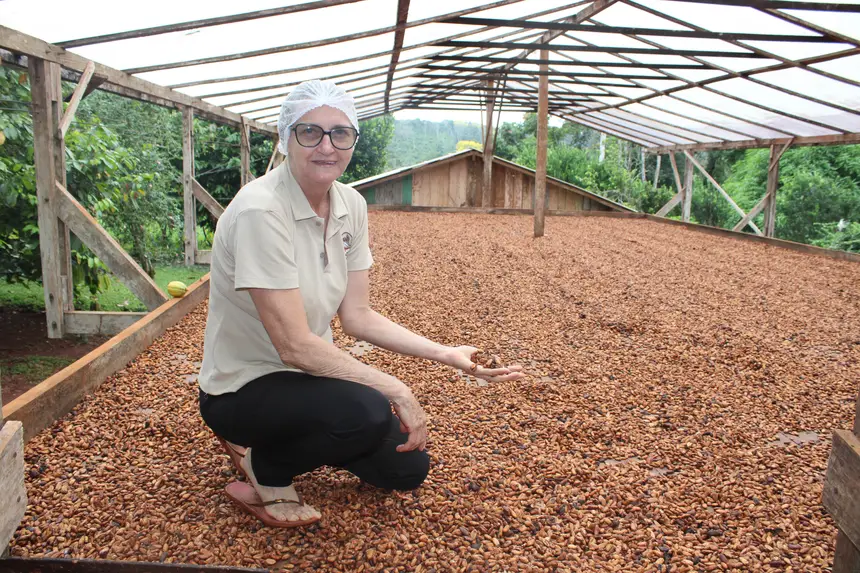
“Seeing these establishments receiving the certificate for their products through ADEPARÁ is a source of great joy and pride for us. It represents that the work done with so much care, partnership, and dedication is bearing fruit. Each certificate delivered is more than an individual achievement – it is an important step to strengthen family farming, value small producers, and ensure safer and higher quality food for everyone. It is knowing that, despite so many challenges, we are advancing, opening paths, and showing that the countryside has a lot of strength, knowledge, and potential. For us, it is a recognition of collective effort and a huge motivation to continue supporting other producers on this journey,” said Renata Trindade, state agricultural inspector.
The first artisanal registration issued by ADEPARÁ for a chocolate factory in the state was for producer Jiovana Lunelli, also from Brasil Novo. On her property, she has a mini-factory that was adapted for processing in a partnership involving institutions such as Sebrae, through the Sustenta Inova program, the Amazon Environmental Research Institute (IPAM), and ADEPARÁ itself.
“When Adepará and other partners do this work, it values our work and also contributes to improving an entire region. The brand "Cacau Xingu" is not just chocolate; it carries the history of family farmers, of resistance and struggle of an entire region that welcomed various families challenged to establish a crop in the Amazon. It is not a concept; it is an idea of sustainability,” says the producer.
“We are the largest producer of cocoa and quality cocoa, and we need to stop just selling beans; we need to verticalize, make money with cocoa, and verticalization brings that,” she added.
At the “Kakao Blumenn” factory, located in the rural area of Brasil Novo, producer Verônica Preuss is already testing new recipes. The chocolates she produces come from selected beans at the Santa Catarina Farm, the family property in the Transamazon region, and the flavors use ingredients like jambu and cumaru. On the store wall, many awards have been won, including abroad.
“Here we have courses and training in chocolaterie. We also receive groups of visitors because we conduct community-based tourism for those who come to learn about sustainable chocolate production in the Amazon. During the International Cocoa and Chocolate Festival in Altamira, we launched a new flavor with strawberry and are already testing new flavors for the end of the year,” the producer shared.
In addition to fine chocolates, Adepará has encouraged the production of cocoa powder to supply municipal governments. In the municipality of Pacajá, also in the Xingu region, the couple of family farmers, Erilan and Thayse, set up a 100% cocoa powder production factory, which they have been operating since 2015 with the Adepará seal, supplying the product for school meals and now also supplying a large chocolate company. With their own resources and revenue exceeding one hundred thousand reais, the factory has secured several contracts over the years to supply school meals.
“We work selling this product for school meals. The seal is very important to prove the origin of our product. Municipalities only buy upon proof of this origin. Although chocolate is exempt from registration, municipalities require this,” explains Erilan Araújo, owner of the agro-industry.


